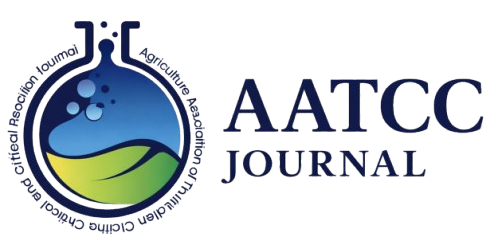Abstract
A field experiment was conducted during the Kharif season of 2023 at the College
Agronomy Farm, B.A. College of Agriculture, Anand Agricultural University, Anand. The study
aimed to evaluate the impact of various organic sources on the quality of Kodo millet and the
associated soil properties under organic farming conditions. The trial site's soil had a loamy sand
texture, was medium in accessible potassium and phosphorus, and had low levels of organic
carbon and available nitrogen. The experiment was conducted in a Randomized Complete Block
Design with three replications and ten treatments. Experiment results showed that application of
75 % N through castor cake fb soil drenching of Bio NPK consortium (1.0 L/ha) at 30 and 45
DAS reported higher protein content, nitrogen and phosphorus content and uptake by grain and
straw, phosphorus content and zinc uptake by straw, calcium and iron uptake by grain and straw.
Iron and potassium content in grain and zinc content in straw was significantly higher where 100
% nitrogen was applied through vermicompost. Nitrogen content in straw was observed higher in
treatment 75 % N through neem cake fb soil drenching of Bio NPK consortium (1.0 L/ha) at 30
and 45 DAS. After harvest soil nutrient status like nitrogen, phosphorus and potassium as well as
soil microbial population were significantly higher by application of 75 % N through castor cake
fb soil drenching of Bio NPK consortium (1.0 L/ha) at 30 and 45 DAS. The application of
various organic treatments had no significant effect on the calcium content in grain and straw,
iron content in straw, and post-harvest soil parameters such as electrical conductivity (EC), pH,
and organic carbon.
